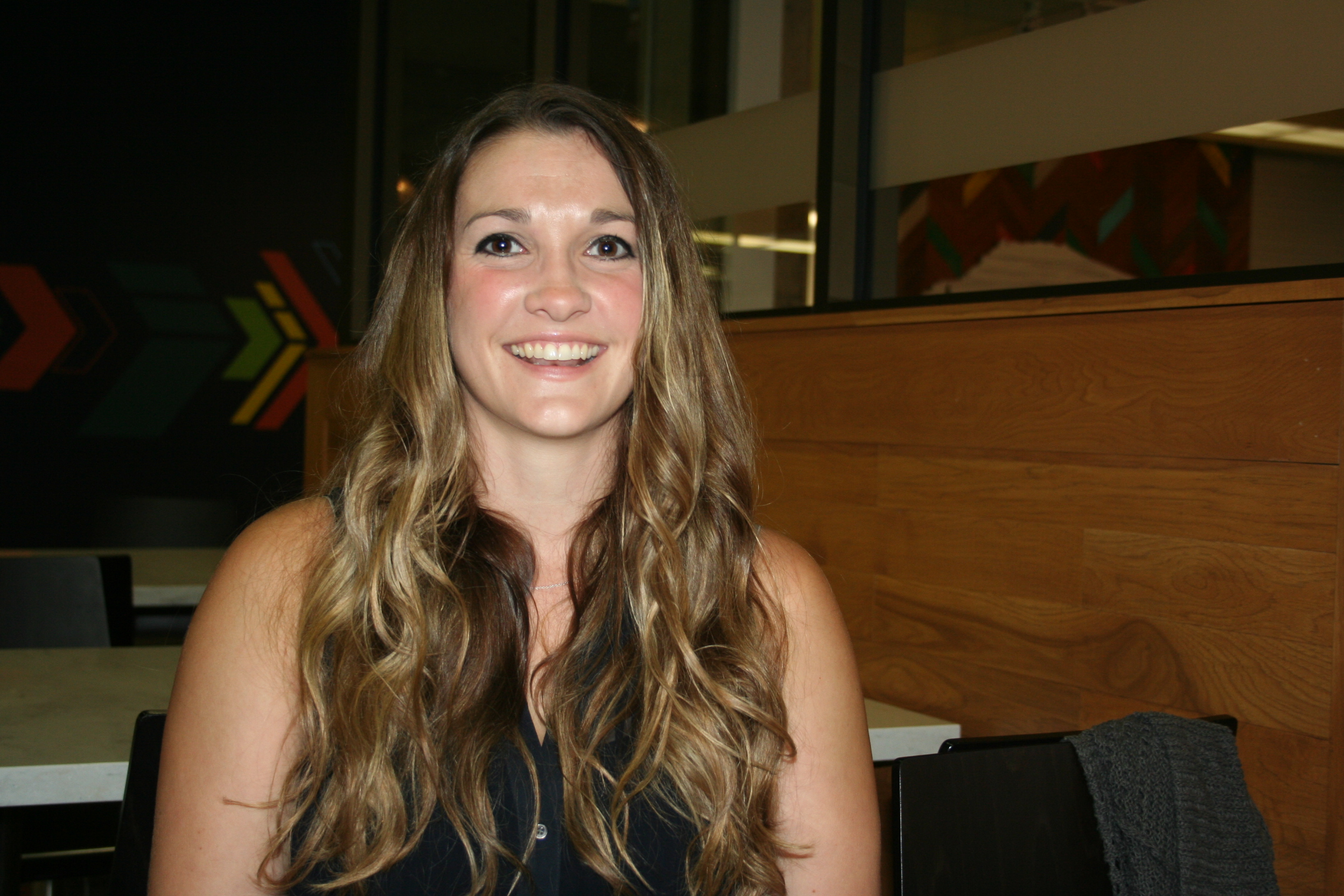University of Manitoba alumnus Courtney Andrysiak was honoured with the Canadian Counselling and Psychotherapy Association (CCPA) Master’s Thesis Award for her dissertation on cyber-bullying this summer. According to Andrysiak, her passion for the topic emerged early in her academic career.
“One of my first practicum placements was in a school, and I thought that cyber-bullying was a timely topic and planned to run a group for students who had been bullied or cyber-bullied. But there was absolutely no literature on how a counsellor or psychologist would run a group,” said Andrysiak.
“So I felt that there was obviously a major gap in the research and that this is something that needs to be addressed because cyber-bullying, although it overlaps with bullying, is really a distinct phenomenon in that it is different than what we have ever seen before.”
While traditional bullying occurs for only finite amounts of time (typically the length of a school day), cyber-bullying is essentially ceaseless and often more vicious due to the impersonal nature of the attacks.
“I’m sure everyone has heard in the news that it can be a very traumatic experience for individuals. It can cause depression, anxiety, and lots of other complications. So I really wanted to look at it from the perspective of the individuals who had lived through the experience to see what sort of strategies they had come up with,” said Andrysiak.
In addition to working with students, Andrysiak also collaborated with school counsellors to learn what the counsellors perceived as the best coping strategies for students.
“My main finding was that individual survivors had survival strategies that were either online or offline coping strategies. The online strategies were things like blocking people, getting off online media altogether, and some people would shut down their computers for periods of time,” explained Andrysiak.
“Offline strategies varied from getting involved with extracurricular activities where they felt supported and engaged, to mindfulness – which I thought was an extremely advanced strategy for a high school student.”
While the coping strategies proved to be important aspects of resilience, Andrysiak found that the personality traits were the most important in predicting successful recovery.
“What I really found is that it boiled down to participant’s personality. Those are what I deemed to be the resiliency factors. There were some internal characteristics, things people possess, like having a strong sense of self, a ‘choosing to be a survivor’ mindset, feeling empowered, and being able to make sense of the experience and making sense of what it meant for their lives.”
She also found that external factors and environment both played a role in an individual’s resilience. Factors such as feeling accepted and understood fostered the internal resilience characteristics necessary to recover from the trauma.
As Andrysiak moves into pursuing her PhD in psychology, she hopes to follow up with her findings, implement an intervention plan, and see the effects on affected children – such as lower rates of depression, suicidal thoughts, and anxiety.
“I’m really passionate about this. I see it a lot in the media, and I see a lot of the suicides publicized, which is heartbreaking because I know we need to do more research and find more mediums that actually help people,” she said.
“My goal is to see intervention plans in schools, to see that there is something in place for students, which wasn’t previously the case.”
Whether schools have group interventions or use one-on-one strategies for tackling cyber-bullying, Andrysiak hopes counsellors have some kind of program in place so that the youth are getting the care that they need.


